
Gary Leon Ridgway is an American serial killer known as the Green River Killer. He was initially convicted of 48 separate murders. As part of his plea bargain, another conviction was added, bringing the total number of convictions to 49, making him the second most prolific serial killer in United States history according to confirmed murders. He killed many teenage girls and women in the state of Washington during the 1980s and 1990s.
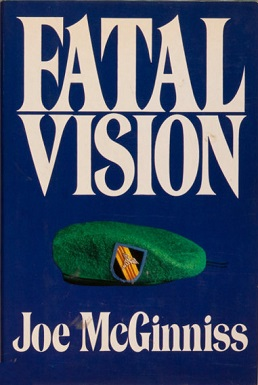
The controversy over Fatal Vision, journalist and author Joe McGinniss's best-selling 1983 true crime book, is a decades-long dispute spanning several court cases and discussed in several other published works.
Donald Marshall Jr. was a Mi'kmaw man who was wrongly convicted of murder. The case inspired a number of questions about the fairness of the Canadian justice system, especially given that Marshall was Aboriginal; as the Canadian Broadcasting Corporation put it, "The name Donald Marshall is almost synonymous with 'wrongful conviction' and the fight for native justice in Canada." The case inspired the Michael Harris book, Justice Denied: The Law Versus Donald Marshall and the subsequent film Justice Denied. His father, Donald Marshall Sr., was grand chief of the Mi'kmaq Nation at the time.
Darryl Hunt was an African-American man from Winston-Salem, North Carolina, who, in 1984, was wrongfully convicted and sentenced to life imprisonment for the rape and the murder of Deborah Sykes, a young white newspaper copy editor. After being convicted in that case, Hunt was tried in 1987 for the 1983 murder of Arthur Wilson, a 57-year-old black man of Winston-Salem. Both convictions were overturned on appeal in 1989. Hunt was tried again in the Wilson case in 1990; he was acquitted by an all-white jury. He was tried again on the Sykes charges in 1991; he was convicted.
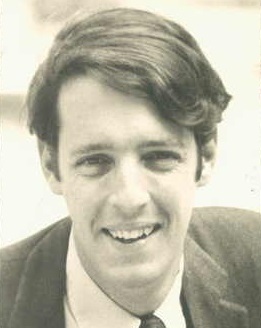
Joseph Ralph McGinniss Sr. was an American non-fiction writer and novelist.
Wrongful execution is a miscarriage of justice occurring when an innocent person is put to death by capital punishment. Cases of wrongful execution are cited as an argument by opponents of capital punishment, while proponents say that the argument of innocence concerns the credibility of the justice system as a whole and does not solely undermine the use of the death penalty.

The Innocent Man: Murder and Injustice in a Small Town is a 2006 true crime book by John Grisham, his only nonfiction title as of 2020. The book tells the story of Ronald 'Ron' Keith Williamson of Ada, Oklahoma, a former minor league baseball player who was wrongly convicted in 1988 of the rape and murder of Debra Sue Carter in Ada and was sentenced to death. After serving 11 years on death row, he was exonerated by DNA evidence and other material introduced by the Innocence Project and was released in 1999.
Lieth Peter Von Stein was an American businessman whose murder launched a high-profile trial in North Carolina. The case became the subject of two books and two television films.

Robert Oakley Marshall was an American businessman who in 1984 was charged with the contract killing of his wife Maria.
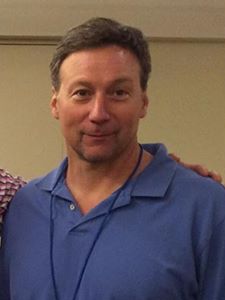
David Ray Camm is a former trooper of the Indiana State Police (ISP) who spent 13 years in prison after twice being wrongfully convicted of the murders of his wife, Kimberly, and his two young children at their home in Georgetown, Indiana, on September 28, 2000. He was released from custody in 2013 after his third trial resulted in an acquittal. Charles Boney is currently serving time for the murders of Camm's wife and two children.
This is a list of notable overturned convictions in the United States.
It is possible to convict someone of murder without the purported victim's body in evidence. However, cases of this type have historically been hard to prove, often forcing the prosecution to rely on circumstantial evidence, and in England there was for centuries a mistaken view that in the absence of a body a killer could not be tried for murder. Developments in forensic science in recent decades have made it more likely that a murder conviction can be obtained even if a body has not been found.
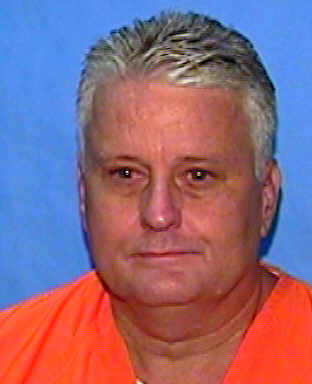
Robert Joseph "Bobby Joe" Long was an American serial killer and rapist who was executed by the state of Florida for the murder of Michelle Denise Simms. Long abducted, sexually assaulted, and murdered at least ten women in the Tampa Bay area in Florida during an eight-month period in 1984. He released 17-year-old Lisa McVey after 26 hours. McVey provided critical information to the police that enabled them to arrest Long.
The Nancy Kissel murder case was a highly publicised criminal trial held in the High Court of Hong Kong, where American expatriate Nancy Ann Kissel was convicted of the murder of her husband, 40-year-old investment banker Robert Peter Kissel, in their apartment on 2 November 2003. It was arguably the highest profile criminal case involving an expatriate in Hong Kong's history, and was closely covered in the media.
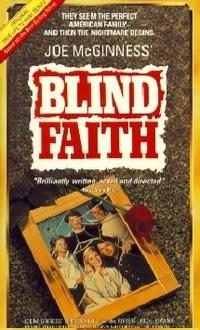
Blind Faith is a 1990 NBC miniseries based on the 1989 true crime book of the same name by Joe McGinniss. It follows the 1984 case in which American businessman Robert O. Marshall was charged with the contract killing of his wife, Maria. Adapted by John Gay and directed by Paul Wendkos, the miniseries was originally broadcast in two parts with a total runtime of 190 minutes.

Blind Faith is a 1998 American made-for-television drama film directed by Ernest R. Dickerson. The movie stars Charles S. Dutton, Courtney B. Vance, Kadeem Hardison, Garland Whitt and Lonette McKee. It premiered in January 1998 on Showtime. The film's screenplay was nominated for an Independent Spirit Award, while Dutton received two nominations for awards, and Vance garnered one nomination. Set in the 1950s, during a murder trial, the film deals with themes of racism and homophobia.
This is a list of notable overturned convictions in Canada.
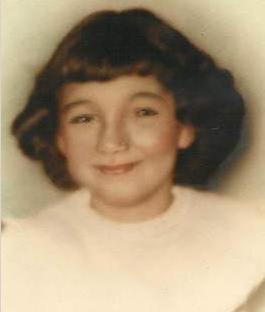
Maria Elizabeth Ridulph was a seven-year-old girl who disappeared from Sycamore, Illinois, on December 3, 1957. Her remains were found almost five months later in a wooded area near Woodbine, Illinois, approximately 90 miles (140 km) from her home. Maria was last seen by her friend on her neighborhood corner of Center Cross Street and Archie Place with an unknown man in his early twenties who called himself "Johnny".

Fatal Vision is a 1984 American true crime drama television miniseries directed by David Greene from a teleplay by John Gay, based on the 1983 novel of the same name by Joe McGinniss. The miniseries stars Karl Malden, Eva Marie Saint, Barry Newman, Gary Cole, and Andy Griffith. It recounts the celebrated case of Jeffrey R. MacDonald, the former Green Beret physician who was convicted of murdering his pregnant wife and their two small children.
On July 5, 1982, Alfred Podgis and his wife Rosemary Podgis were fatally shot in their home in Loch Arbour, New Jersey, United States. Scott Robert Franz, Rosemary's son by a previous marriage, was convicted of the murder of Alfred, his stepfather. Franz's high school friend Bruce Anthony Curtis, a Canadian citizen who was visiting the Podgis home, was convicted of the aggravated manslaughter of Rosemary. Both were sentenced to twenty years' imprisonment.








